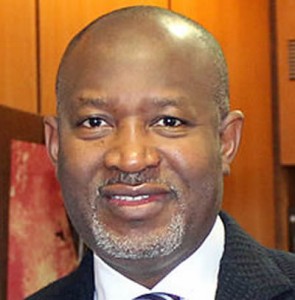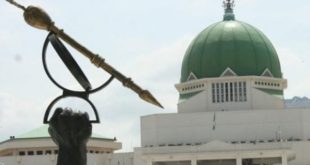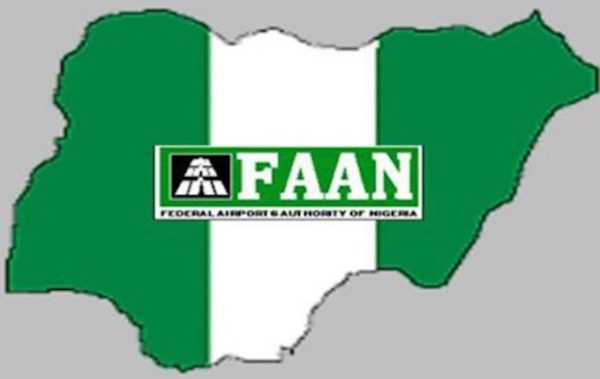
The present administration is focusing on issues that will rapidly develop the aviation industry within the shortest possible time and these issues include aviation safety and security, infrastructural development, the establishment of a national carrier, lack of a world class aircraft maintenance, repair and overhaul, (MRO) facility in the country.
In order to guarantee a quantum leap forward for the Nigerian Aviation industry, the Minister of State for Aviation, Senator Hadi Sirika, has reiterated that Aviation is pivotal to the growth of key economic sectors, certainly not limited to travel and tourism.

As the Federal Government plans to concession four major airports in Lagos, Abuja, Port Harcourt and Kano to the private sector, by bringing in the private sector, the country can achieve better infrastructural development and improve the efficiency of service delivery at these airports. The need to address some of the challenges facing the nation’s airports becomes pertinent; some of these issues include obsolete equipment and dilapidated infrastructure; obsolete equipment and inadequate capacity.
Others are how to quickly develop our air cargo capacity in order to participate actively in multi-billion dollars global agro-allied export trade, restructuring of the country’s aviation agencies and the setting up of an aerospace University in the country.

On safety and security at our airports, government’s response should include the development of a new security strategy framework in partnership with international security organizations, the determined implementation of a certification programme for all our airports and a comprehensive security threat and vulnerability assessment of our airports. Already a technical committee with the mandate to look into security at the country’s airports have been inaugurated.

The administration is emphatic that it will establish a national carrier because of the benefits that the country would derive from it, especially from the various bilateral and multilateral air services agreements signed by the government with other countries, worldwide, this will help stem current capital flight due to foreign airlines exploiting the current absence of a Nigerian national carrier.
Furthermore, to realize this laudable goal, he said that government would engage the services of a transaction adviser to develop an appropriate business model and framework to establish a national carrier using a public/private partnership concept. When in place, the national carrier would be expected to form alliances and joint ventures with other carriers, in order to increase its reach and routes.
There is also the issue of national prestige and national pride when talking about a national carrier, as some smaller African countries such as Ethiopia proudly fly their countries colours on their national carriers, many of which have become successful ventures, the Minister said.
The issue of air cargo facilities ties with the country’s hopes of generating more foreign exchange from agricultural produce and other non-oil exports. The country is current losing a lot in potential income from export of perishable agricultural produce including fresh flowers and vegetable as a result of the absence of adequate air cargo facilities. Apart from generating forex, it has far reaching socio- economic impact as it will improve farmer’s income significantly and help stem rural to urban migration. Government is therefore working hard to meet this challenge, with several of the required facilities under construction in strategic areas round the country whose target is to get 40 per cent of the market for agro-allied and perishable agricultural produce export coming from Africa to global markets.
Many well trained professional aviators, especially pilots are unemployed, whereas, on the other hand, their foreign counterparts are having a field day in the country working for foreign airlines operating in the country. Government would henceforth vigorously enforce expatriate quotas for staffing of foreign airlines operating in the country, so that foreigners do not continue to take jobs meant for Nigerians and also review the policy on validation of foreign licenses.
Other salient industry issues include the supply and pricing of Aviation Jet A-one fuel, sourcing of foreign exchange by airlines for their operations and aircraft leasing. On Jet A-1, government has made arrangements to start local production of the fuel which is currently 100 per cent imported. CBN will soon ease forex supply shortfall to airlines, especially foreign airlines because they operate and pay for several services in foreign exchange whereas, tickets are sold in naira locally, putting airlines at a disadvantage.
 MMS PLUS NG – Maritime, Aviation, Business, Oil and Gas News Online Newspaper with coverage in Maritime, Oil and Gas, Aviation, Power and Energy as well as Financial News
MMS PLUS NG – Maritime, Aviation, Business, Oil and Gas News Online Newspaper with coverage in Maritime, Oil and Gas, Aviation, Power and Energy as well as Financial News









